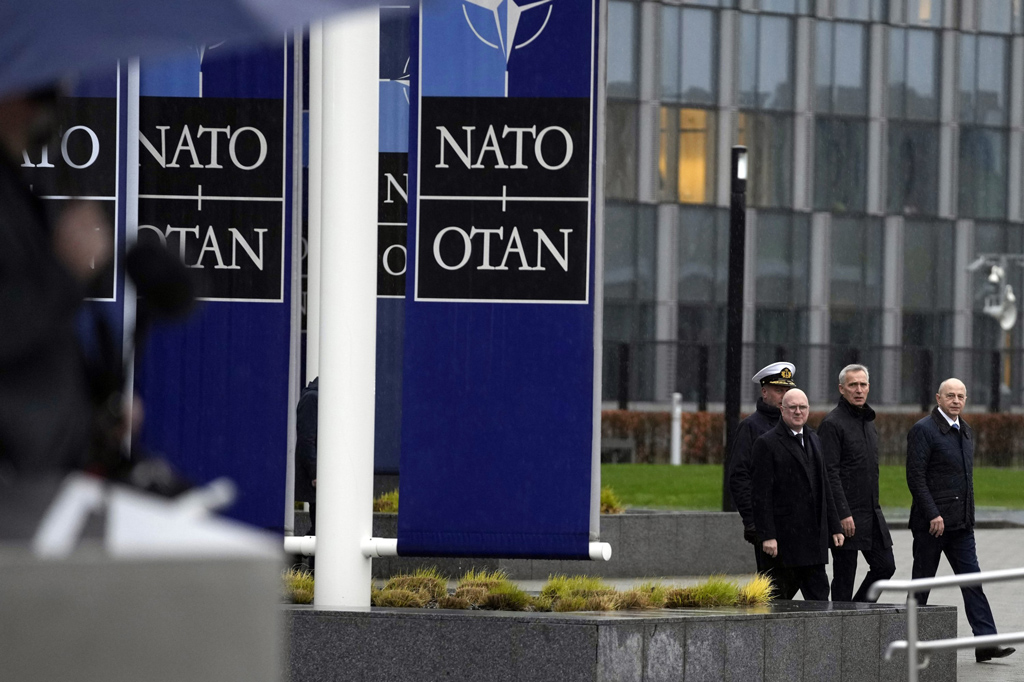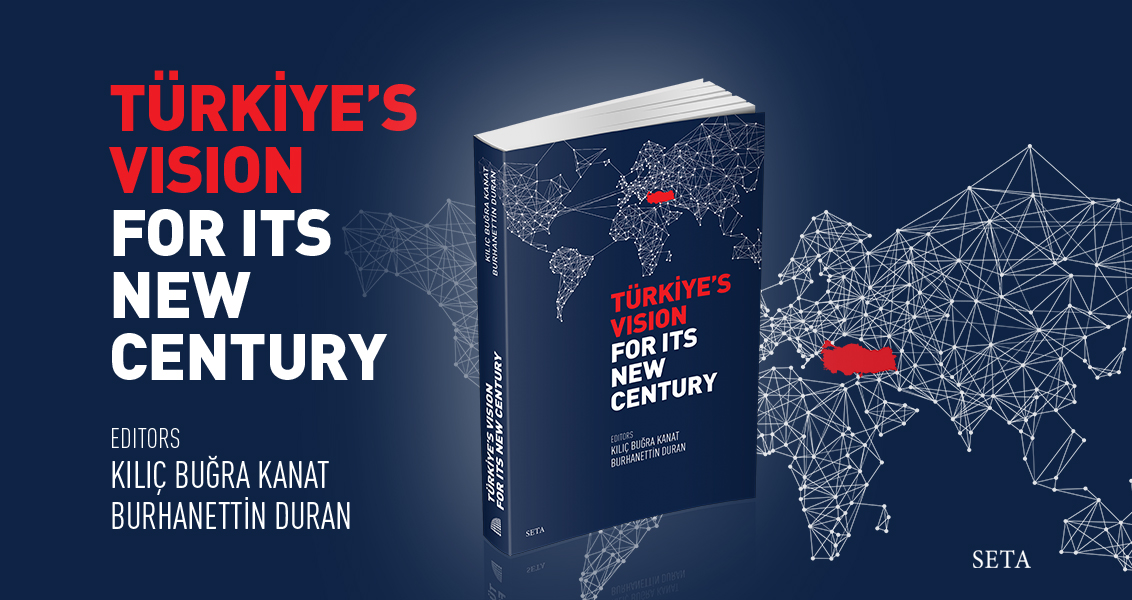Coinciding with NATO's 75th anniversary, the summit will convene in Washington on July 9-11. While security concerns over Russia and China will be voiced at the highest level, as in every summit, NATO's restructuring and strengthening, in other words, reinforcing its resolve and resilience, will probably be emphasized again.
At the Vilnius summit last year, three pillars were agreed upon: deterrence and defense, crisis prevention and management, and cooperative security, based on a 360-degree security approach. The main concern motivating the alliance was the ongoing Ukraine war and Russia's aggression. NATO, prioritizing its combat readiness, will probably see the same themes emphasized at the Washington summit.
On the other hand, this summit will be marked less by NATO's missions and capabilities than by the political elections in some of the member states and their probable outcomes. Indeed, the internal politics of member states have become more decisive for NATO, which makes decisions by consensus.
Elections in NATO countries
It is worth taking a look at the domestic politics of a few NATO countries and their impact.
While the march of the far-right and racist tendencies to power is accelerating in the French parliament, far-right French politician Marine Le Pen's statements on leaving NATO and more autonomy for EU member states are remarkable. French President Emmanuel Macron has declared his intention to send troops to Ukraine in June, while Le Pen emphasizes reconciliation with Russia. If Le Pen's National Union Party maintains its share of the vote in the second round of the French elections on July 7, a politically divided France could cause a rift within NATO. France, which has left NATO's military wing in the past, may enter into a blind fight with Le Pen, who will control the parliament while Macron holds the presidency.
Per the political shift in France, the presidential election in the United States put the fierce struggle between Democrats and Republicans and had a decisive impact on trans-Atlantic resilience. Joe Biden's withdrawal from the presidential race and probably the election of another Democratic candidate to replace him will have no impact on the current NATO policy. However, the possibility of Donald Trump foreshadows a slightly different attitude. Trump, who sells expensive and not-well-sustainable American defense systems to Europe through a merchant logic, focuses on American interests rather than trans-Atlantic security. He will most probably impose costs on the allies for NATO guarantees. That is why he has called for cutting support to Ukraine and seeking reconciliation with Putin. As a result, Trump is likely to deepen the rift in NATO as was witnessed during his previous presidency.
Another interesting country is the United Kingdom. With its "softened" socialism, the Labour Party is not expected to pursue a policy that would have a negative impact on NATO. However, compared to the Conservatives, it will contribute to NATO with a "questioning" policy. In addition, the United Kingdom, which has always unconditionally supported American interventionism, may bring the country to a reasonable line after a socialist government.
The electoral impact of political elections in NATO's eastern flank requires an analysis of two different postures. NATO countries such as Poland and Romania, which perceive Russia as a direct threat and demand a greater NATO presence, are aware of the risk of facing apathy from the alliance's forerunning states. The other stream is governments with divergent Russian policies. Hungary, for example, does not want problems with Russia. It is noteworthy that the assassinated prime minister of Slovakia, Robert Fico, has come to power with a policy based on smooth relations with Russia. Finally, Germany should also be mentioned. German Chancellor Olaf Scholz, who is in power with a comprehensive coalition protocol, is in a position to make concessions to Russia both because of its energy dependence and because it sees itself as a frontline country. Therefore, the German mission in NATO is based on cooling things down.
While these political developments are taking place at the national level, it is worth remembering that there is a major split in the EU's parliamentary elections. This situation, which seems unrelated to NATO, is actually important. The EU, as a supranational organization, reflects the electoral and political preferences in Europe. The EU elections, characterized by the rise of the far-right, show which "political preference" will influence NATO's collective security policy.
Domestic politics' impact on Washington summit
It is reasonable, then, to say that the political transformation of the member states will influence the decisions to be made at NATO's Washington summit. The member states, which have set their priorities in line with their electoral preferences, are clinging tightly to NATO's embrace and have already noted their domestic political concerns on their agendas. European security is therefore likely to be characterized by a strong emphasis on collective solidarity on the one hand and independent solutions on the other.
It seems that Europeans will take measures to address their own security concerns in addition to NATO, which is becoming less operational as the number of its members grows. Europe, which is aging and has limited defense capacity, is likely to come up with its own "solutions" rather than relying on Trump. Considering the rise of the far right and anti-NATO sentiments in recent elections, Europeans may start to develop new strategies in security policies based on probable projections.
At this point, it should be noted that Türkiye has become a "sine qua non" for European security. Expected American shift toward Europe and the perception of the "Russian threat" may lead Europeans to Türkiye's defense and security contribution. This is why "old" Europe, which does not see Türkiye as European, has to overhaul its "Türkiye" policy, which has softened after the recent EU summit. That is if they can stop dealing with the "wolf sign!"







